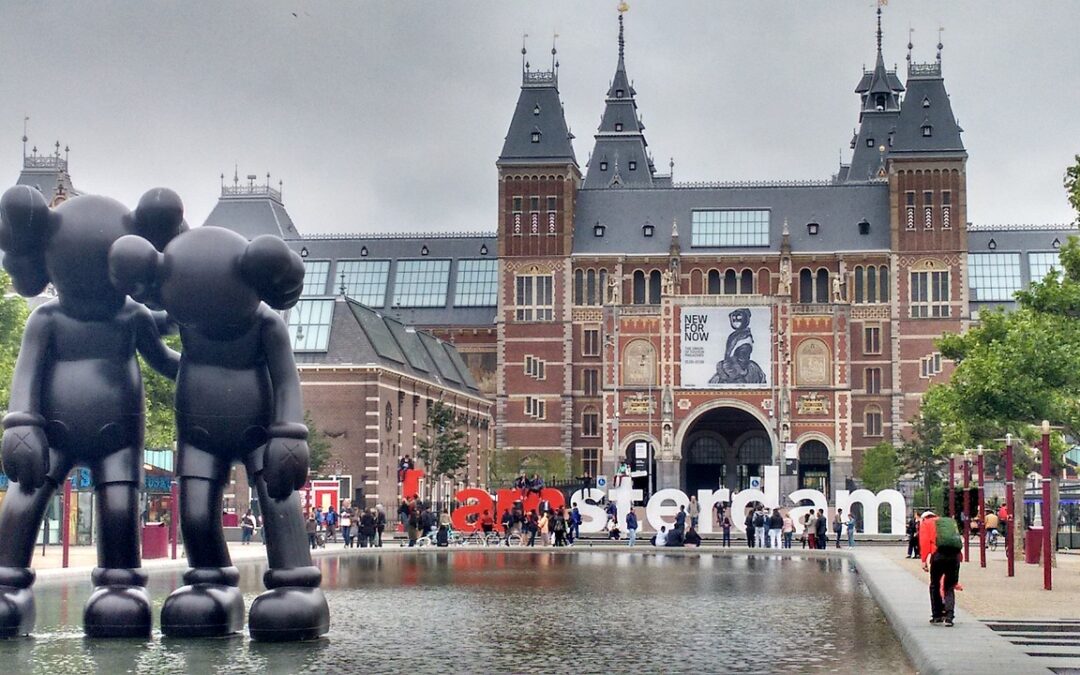Continuing the series on doughnut economics in the construction industry, I’ve been looking at the work done in Amsterdam to develop the city without exceeding social, ecological and planetary boundaries.
Amsterdam is a prime example of a city implementing Doughnut Economics. The city adopted this framework in April 2020 to guide its recovery from the COVID-19 pandemic and to drive its long-term sustainability goals.
Amsterdam Circular Strategy 2020-2025
Amsterdam’s Circular Strategy, developed in collaboration with Kate Raworth and other partners, aims to make the city fully circular by 2050. This strategy focuses on reducing waste, promoting recycling, and using sustainable materials in construction. A notable project is the development of Strandeiland (Beach Island) in IJburg, where sustainable practices are being implemented throughout the construction process, including the use of low-emission fuel for transporting materials and protecting local wildlife
Social and Ecological Balance
The Doughnut model helps Amsterdam address social issues such as affordable housing and energy access while staying within ecological limits. For instance, the city is increasing its green spaces and improving energy efficiency in buildings. Additionally, policies are in place to ensure that new developments include affordable housing units
https://doughnuteconomics.org/stories/amsterdam-city-doughnut
Community Involvement
The Amsterdam Doughnut Coalition, a network of over 30 organizations, plays a crucial role in implementing Doughnut Economics. This coalition fosters community-led initiatives and collaborative decision-making processes, ensuring that the city’s transformation is inclusive and participatory
https://doughnuteconomics.org/stories/amsterdam-city-doughnut
Impact and Challenges
The implementation of Doughnut Economics in Amsterdam has led to a reduction in carbon emissions, increased recycling rates, and improved social equity. However, challenges remain, such as balancing economic growth with sustainability and addressing the environmental impact of the city’s port activities
https://blogs.kcl.ac.uk/sustainability/2021/11/doughnut-economics/ https://www.circle-economy.com/resources/the-amsterdam-city-doughnut-a-tool-for-transformative-action .
Author: Angela Karadog

